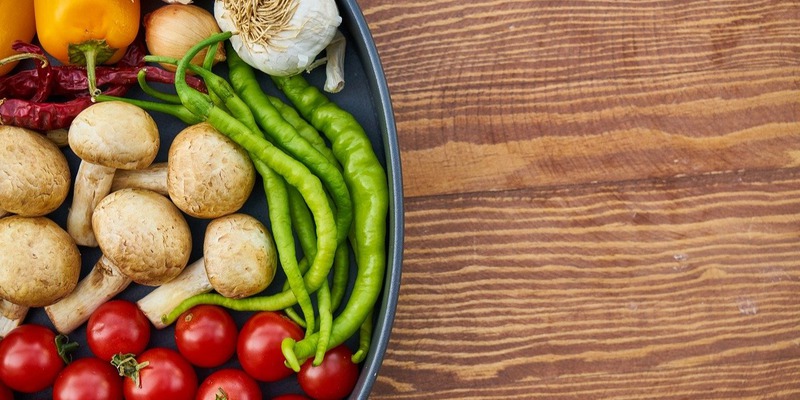What is a vegetarian diet?

What can you eat on a vegetarian diet? While there are many variations of the vegetarian diet, most consist of plant foods along with moderate amounts of eggs and dairy (but no meat). The staples of a balanced vegetarian diet include a variety of plants such as fresh or cooked vegetables, fruits, nuts, seeds, whole grains and legumes.
How does a vegetarian diet affect heart health, weight loss, and health? And are there risks to cutting out most animal foods in your diet?
Because plants are low in calories but high in essential vitamins, minerals and antioxidants, vegetarian diets can be very nutrient dense. Research has shown that vegetarian diets are generally high in carbohydrates, omega-6 fatty acids, fiber, carotenoids, folic acid, vitamin C, vitamin E, and magnesium, and relatively low in protein, saturated fat, long-chain omega-3 fatty acids, retinol, vitamin B12, and zinc.
However, there is no guarantee that a vegetarian diet will result in improved health. Ultimately, it all depends on the specific foods someone eats, as well as his or her individual response to giving up most or all animal products.
Different types of vegetarian diets
There are several variations and definitions when talking about vegetarianism. Here are the most common types of vegetarian diets:
Vegetarian vs. Ovo-lacto vegetarian
A "strict" vegetarian diet consists of plant foods, but may also include eggs and dairy products. Typically, no fish or meat of any kind is included. When eggs and dairy are included, it is called an ovo-lacto vegetarian diet (hence the name ovo, as in "ovum", and lacto, as in "lactation").
Vegetarian vs. pescatarian diet
The pescatarian diet includes fish and seafood and a variety of plant foods (vegetables, fruits, nuts, grains, beans, etc.). Most also include eggs and dairy, but no poultry, beef or red meat, although this depends on the individual.
Vegetarian diet vs. vegan diet
Those on a vegan diet eliminate all animal products and consume only plant-based foods (no meat, fish, eggs or dairy).
Some vegans go a step further and stick to a mostly raw diet. An all-raw diet may sound a bit extreme, but if you look at the foods most people eat all the time, you'll find that adding raw foods to your diet can be beneficial to your body and your overall health. Note, however, that people dealing with digestive issues do best to keep raw foods to a minimum.
So what type of vegetarian or plant-based diet is healthiest?
If you are vegetarian or pescatarian, you can get plenty of amino acids and vitamin B12 without the need for supplementation. If you're vegan, it's recommended to supplement with vitamin B12 and consume plant-based protein powder daily. Also, be sure to include plenty of nuts, seeds, mushrooms, beans, seaweed, and higher protein grains like quinoa in your diet.
More information
Always consult your healthcare provider to ensure that the information displayed on this page applies to your personal circumstances.


















